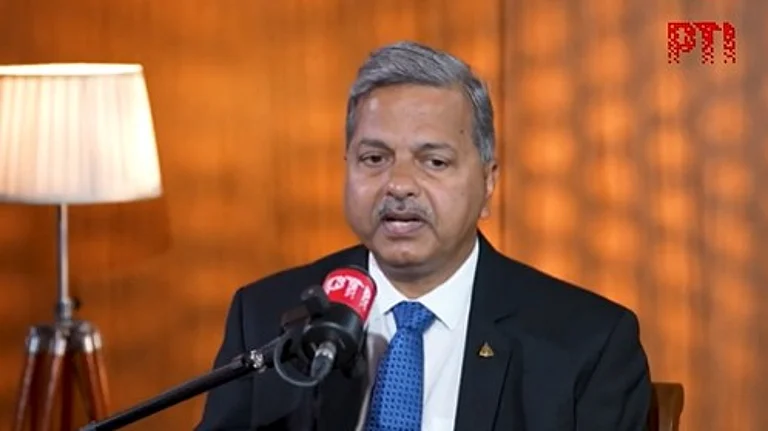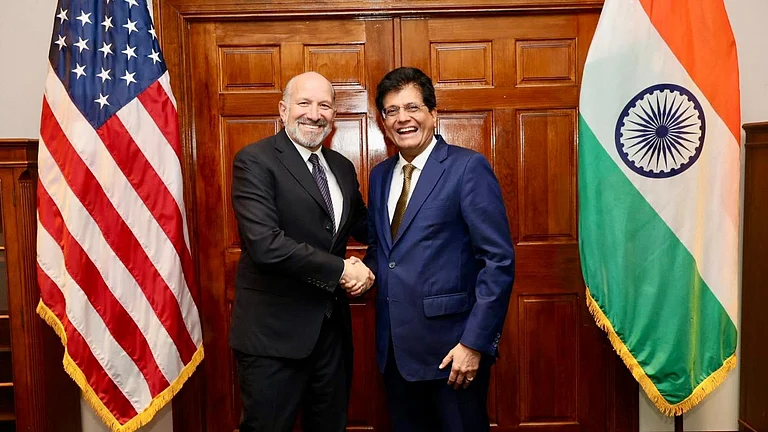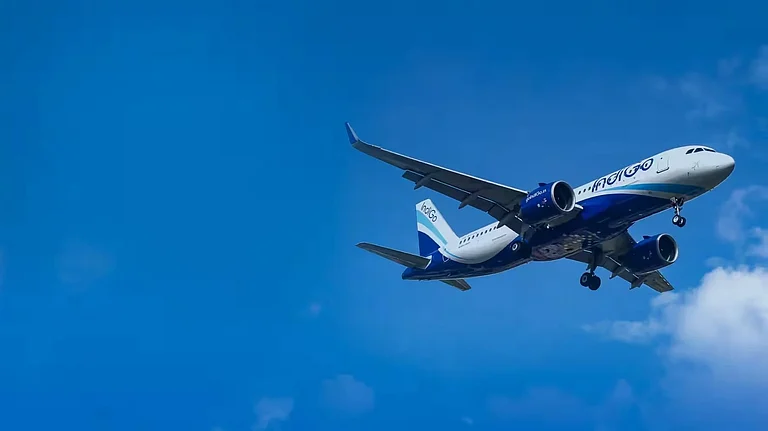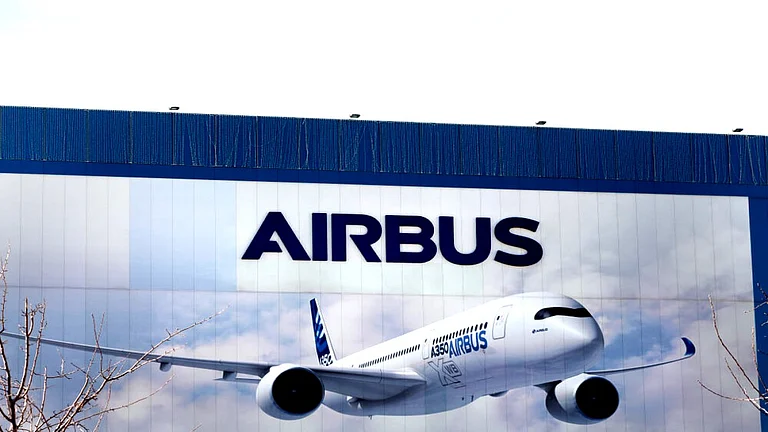The Indian government has decided to accelerate efforts by directing the Defence Research and Development Organisation (DRDO) to pursue a partnership with either Britain’s Rolls-Royce or France’s Safran, The Indian Express reported. The objective is to co-develop aircraft engines within India, strengthening the country’s self-reliance in critical defence technologies.
An official familiar with the matter told the newspaper that engines are a constraining factor and a strategic decision has to be made. "Both Rolls-Royce and Safran are contenders for fifth-generation Advanced Medium Combat Aircraft. A Cabinet note will be prepared from the DRDO side and circulated,” the official added.
The report said that both the foreign companies have offered to collaborate with DRDO's Bengaluru-based Gas Turbine Research lab and provide full ToT and IPR, the government.
As India ramps up efforts to strengthen its domestic defence manufacturing capacity, delays in F404-IN20 engine supplies by General Electric (GE) Aerospace to to Hindustan Aeronautics for the Tejas Light Combat Aircraft Mk 1A fighter jet—stemming from global supply-side constraints—have highlighted a critical vulnerability. The setback has underscored the fact that a lack of indigenous engine technology remains one of the biggest limiting factors for the Indian defence forces. Only one engine has been delivered so far by GE, in April 2025, with another expected by the end of July — a significant delay from the original delivery timeline in 2023.
Amid efforts to develop aircraft engines indigenously, both Rolls-Royce and Safran have agreed to co-develop a new engine for AMCA, a twin-engine 5.5-generation stealth fighter.
"Very few Indian companies actually own engine technology. For aircraft, ships or even automobiles, we still don’t entirely own the engine technology. The engines are getting designed abroad. The Kirloskar project (marine engines) will start the process of achieving self-reliance in marine engine development in the country. We are keen to do the same in aircraft engines," the official said.
The delays have directly impacted the Indian Air Force (IAF), which was expecting HAL to deliver the first batch of Tejas Mk-1A jets under a Rs 48,000 crore deal signed in 2021 for 83 aircraft.
HAL now plans to deliver 12 aircraft by the end of fiscal year 2026, subject to engine availability. If the monthly delivery schedule is maintained, HAL estimates it can produce up to 16 aircraft in the coming year.


































